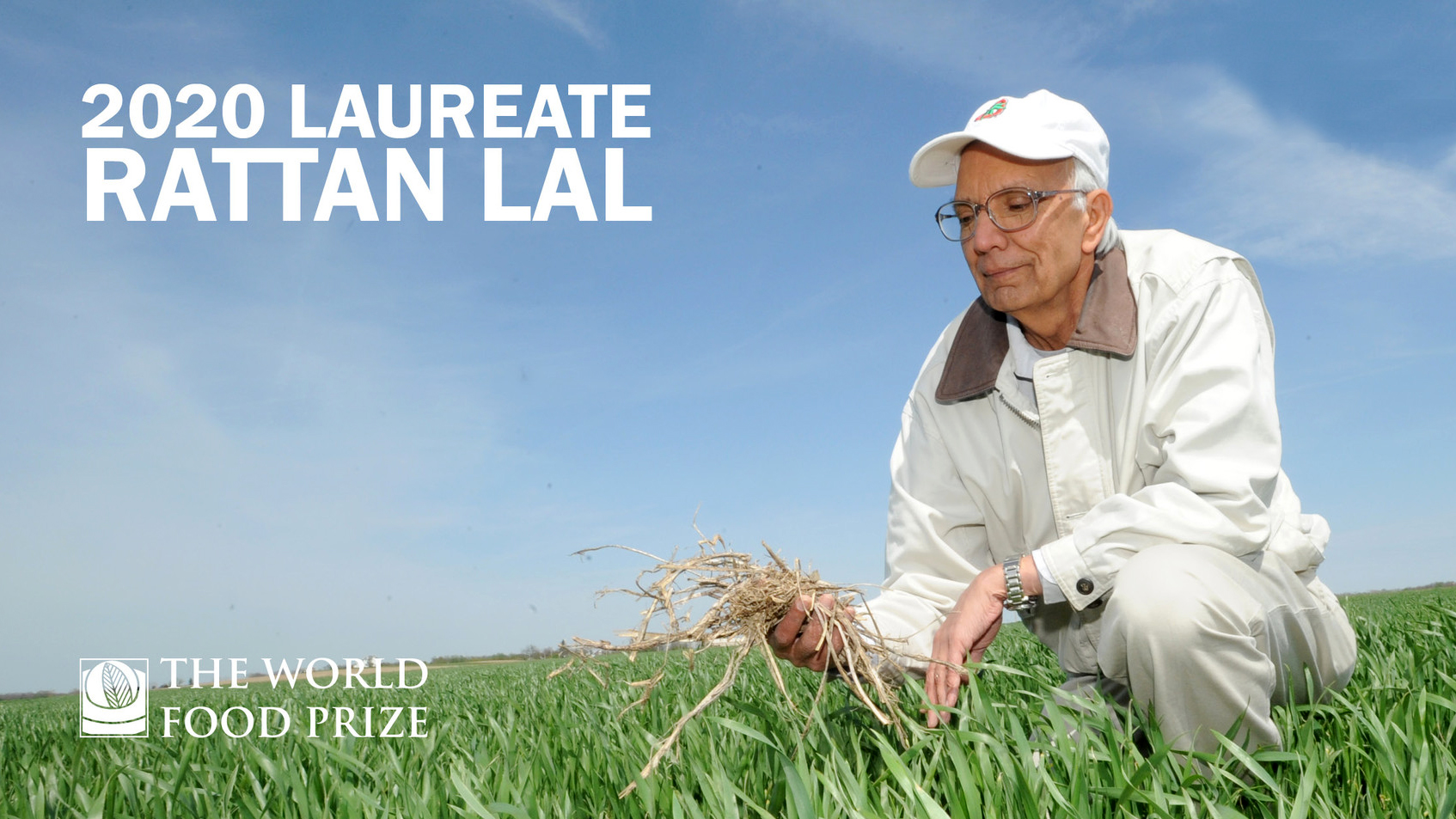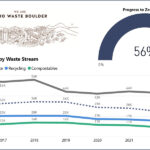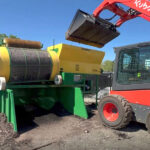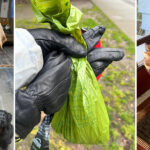Dr. Rattan Lal, the featured speaker at the virtual Compost Council of Canada annual conference several weeks ago, was just awarded the 2020 World Food Prize. This is one more plaque that he can add to the multiple awards, honors and distinctions he has already received. Dr. Lal is a professor at the Ohio State University. Born in what is now Pakistan, he has traveled the world en route to his current position, earning two degrees in India before going to Columbus, Ohio for his PhD. He worked in Sydney for a bit and then spent close to 20 years in Nigeria before coming back to Ohio State.
While Dr. Lal certainly appreciates the value of compost, his work hasn’t centered on compost use. His focus has been on increasing organic matter concentrations in soils, and identifying the means to do so with or without organic residuals to help in the process. Remember that finding single bin waste systems in Nigeria is a challenge — they are far from even conceptualizing a 3-bin system. Dr. Lal’s goals are to help identify solutions to increase soil health no matter where in the world you are located and with whatever resources you have on hand. His first efforts were on stopping erosion and he was an early proponent of cover cropping and no till agriculture. No till has effectively reduced loss of topsoil and revolutionized how we farm.
Dr. Lal was also one of the first to truly understand the importance of increasing soil carbon concentrations as a means to both reduce CO2 in the atmosphere and to provide resilience for the climate changes that are here. He is the guy that Al Gore cited in Our Choice: A plan to solve the Climate Crisis, the sequel to An Inconvenient Truth. You can also find a picture of him hanging out with Gore on his farm. In one of his most cited papers, Dr. Lal makes the connection between higher soil carbon and enhanced plant growth. If you add more carbon to the soil (and compost is a great way to do that) the plants growing in the soil will get bigger. This in turn means more carbon is deposited in the soil. When that happens more of the rain from the sky soaks into the soil, letting the plants get bigger still. Having the plants deposit organic matter also means that the nutrients from those plants are recycled and available for the next generation. More water and nutrients mean that those plants grow even bigger and sequester more carbon. Plus, you have more to eat. This simple reasoning is so critical to our understanding of the importance of soil health. Dr. Lal was talking about this 20 years ago. He paved the way for our blossoming understanding of the importance of soils in so much of our lives.
I’ve had the honor of meeting Rattan Lal. I’ve heard him speak many times. I’ve even contributed a chapter to a book that he edited on making soils from urban residuals. Dr. Lal is one of those rare individuals whose dedication and drive are making a difference. If you missed his talk at the conference, look for one of the many that are on line. And take heart in the knowledge that he recognizes what we organics recyclers do as a critical part of a solution to climate change, one of the greatest challenges facing our world. — Dr. Sally Brown, University of Washington










